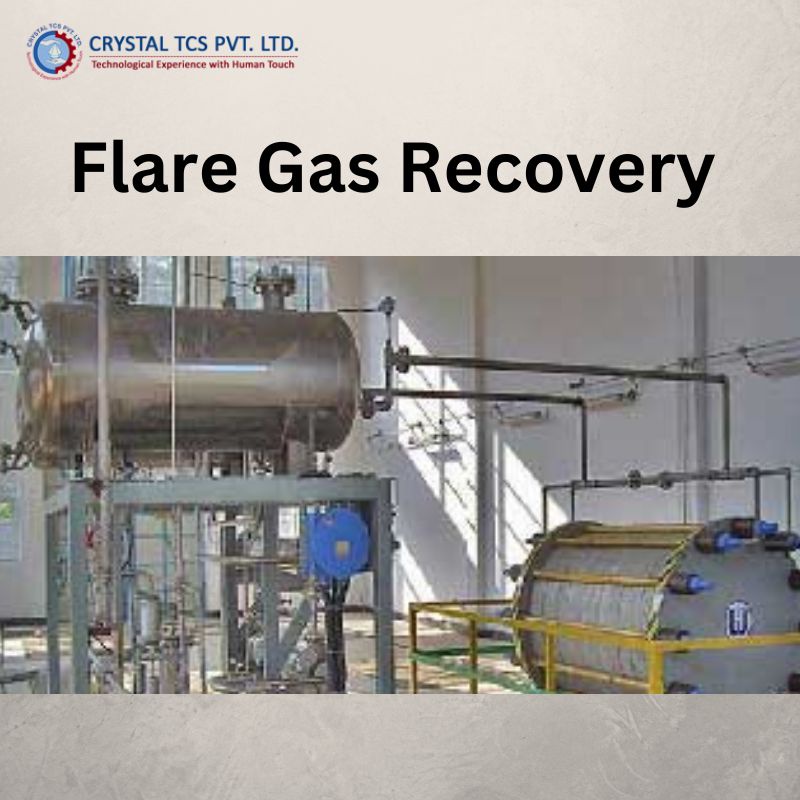Flare gas recovery (FGR) is a crucial process in the oil and gas industry that addresses both environmental and economic concerns. Flaring, the controlled burning of excess gases during oil and gas production, has long been a common practice. However, it results in the release of harmful greenhouse gases and represents a substantial waste of valuable energy resources. Flare Gas Recovery systems have emerged as a sustainable solution to capture and utilize this wasted gas, mitigating environmental impact and generating additional revenue for the industry.
Flare gas recovery systems play a pivotal role in reducing the environmental footprint of the oil and gas industry. When excess gases are flared, they release carbon dioxide , methane , and other pollutants into the atmosphere, contributing to climate change and air pollution. Moreover, this practice represents a significant loss of potentially valuable energy resources. In response to growing environmental concerns and increasing energy demands, many companies are implementing flare gas recovery technologies to address these issues.
Flare gas recovery systems consist of a series of components designed to capture and utilize the gases that would otherwise be flared. These components include gas compressors, pipelines, and separation units. When excess gases are produced during oil and gas operations, they are directed into the flare gas recovery system instead of being released into the atmosphere. The gas is then compressed to increase its pressure, making it suitable for various applications.
The recovered flare gas can be used in several ways to benefit the oil and gas industry and the environment. One primary application is electricity generation. By harnessing the energy from the captured gases, companies can power their operations and reduce their reliance on external energy sources. Additionally, recovered flare gas can be used as fuel for on-site equipment and vehicles, further cutting operational costs and emissions. Some companies even opt to sell excess recovered gas to generate additional revenue.
The environmental benefits of flare gas recovery are significant. By reducing flare emissions, FGR helps lower greenhouse gas emissions and air pollution, contributing to cleaner air and a healthier planet. Moreover, the capture and utilization of flare gas prevent the release of methane, a potent greenhouse gas that is many times more effective at trapping heat in the atmosphere than carbon dioxide. As a result, flare gas recovery plays a vital role in mitigating climate change and advancing the industry's commitment to sustainable practices.
In addition to its environmental advantages, flare gas recovery offers substantial economic benefits. Companies that implement FGR systems can reduce operational costs by using the recovered gas for their energy needs, thus decreasing their reliance on expensive external energy sources. Furthermore, selling excess recovered gas can create an additional revenue stream. Overall, Flare Gas Recovery is a win-win solution, providing both environmental and economic advantages to the oil and gas industry.
Flare gas recovery is a pivotal technology in the oil and gas sector, offering a sustainable solution to reduce emissions, minimize waste, and generate additional revenue. By capturing and utilizing flare gas, the industry can play a more responsible role in protecting the environment and addressing energy challenges, while also benefiting financially.
Visit: https://www.crystaltcs.com/ejectors-in-flare-gas-recovery-systems.php
Contact: +91 253 2941600


No comments yet